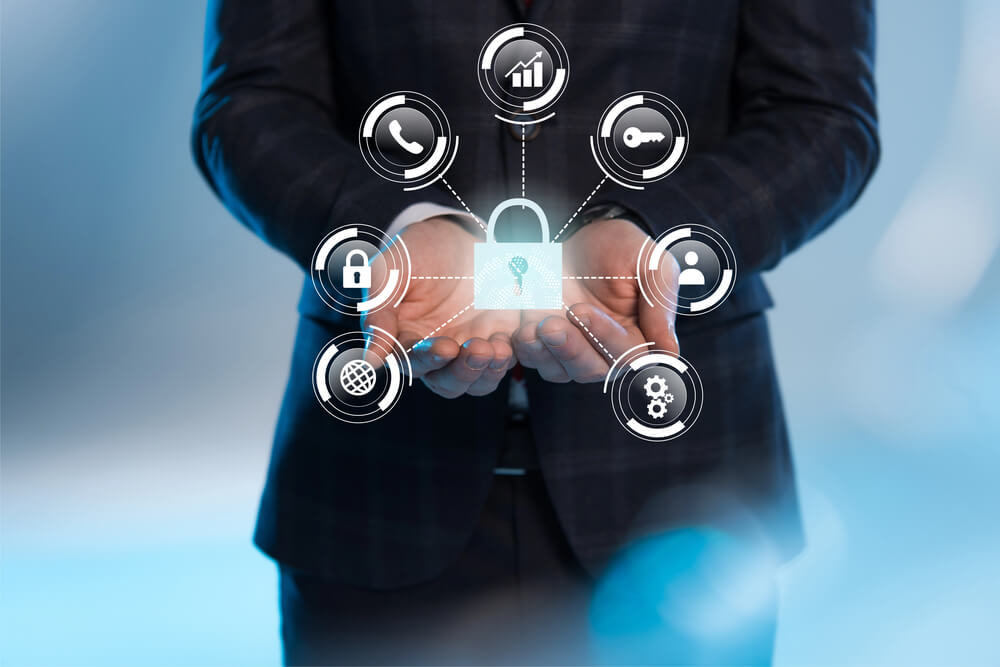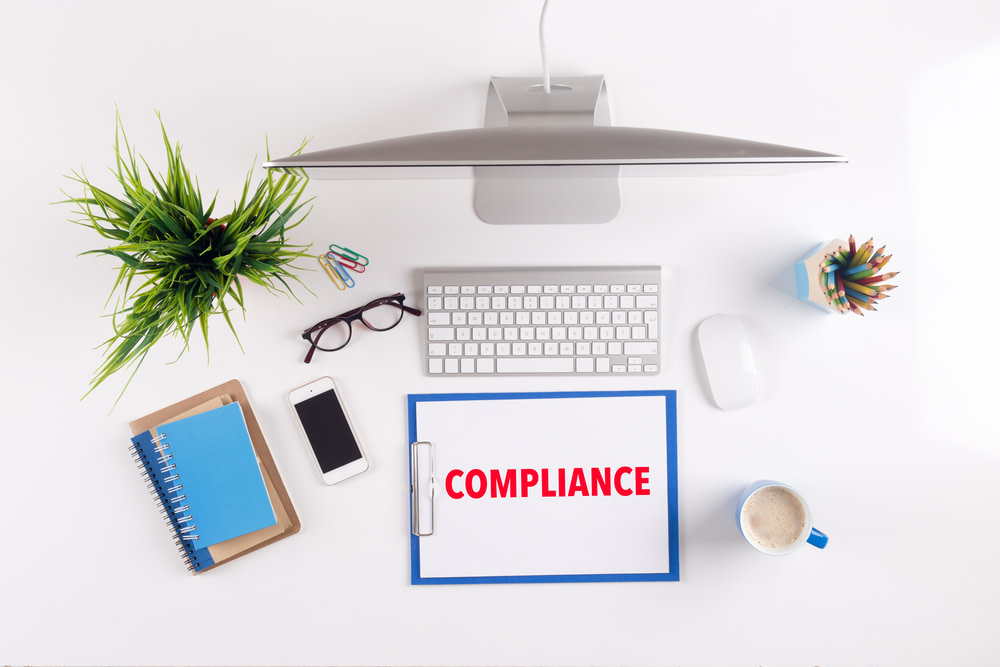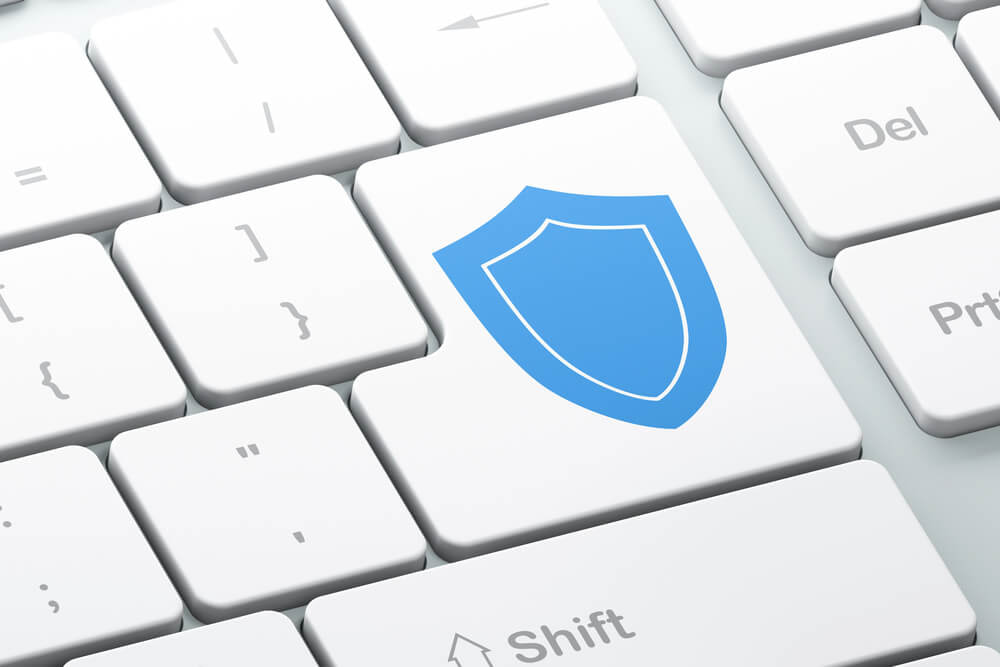In many industries, cybersecurity and regulatory compliance go hand in hand. Implementing robust controls with information security frameworks like SOC 2 is important for safeguarding sensitive data. Is SOC 2 compliance mandatory for your organization? This guide explains who needs SOC 2 compliance, when, and why.
Are SOC 2 Reports Required?

SOC 2 is a respected benchmark for infosec and privacy compliance, but adhering to the framework isn’t a regulatory requirement in any industry. Instead, it’s a way for organizations to voluntarily measure, track, and improve their cybersecurity posture and readiness.
Put simply, a SOC 2 checklist helps you review the effectiveness of current controls and policies and identify areas for improvement. The framework is like a streamlined version of the ISO 27001 certification process.
Many companies use SOC 2 reports as a “trust badge” to demonstrate their compliance with cybersecurity best practices. Business clients are more likely to partner with cloud providers that can demonstrate strong controls and a history of compliance.
Who Needs SOC 2 Compliance?
Even though SOC 2 compliance isn’t a legal or regulatory requirement, the underlying principles that make it up frequently do overlap with government or industry standards. SOC 2 compliance can help your organization meet GDPR, HIPAA, and similar frameworks.
Healthcare Organizations
Information security best practices offer quantifiable benefits for healthcare providers, such as reducing the risk of costly ransomware attacks. Despite this, a recent survey found that only 30% of healthcare organizations were confident in their compliance with the HIPAA Security Rule. The main reason? Many hospitals, clinics, and health insurers find HIPAA confusing.
SOC 2 compliance can provide a pathway to more successful HIPAA controls. Processes that meet SOC 2 trust principles also contribute to HIPAA compliance. For example, the SOC 2 Security Criteria covers access control measures, risk assessments, monitoring activities, and security audits in detail.
Enterprises Subject to GDPR Compliance
GDPR is another regulatory framework that intimidates businesses in the EU and the United States. The SOC 2 framework doesn’t completely satisfy GDPR requirements, but it provides a more straightforward starting point.
Several SOC 2 criteria map to GDPR core principles, including data minimization. The SOC 2 Privacy Criteria helps organizations understand what is involved in drafting and implementing comprehensive policies for privacy, user consent, data usage, retention, and disposal.
Meeting SOC 2 Availability Criteria is also important for GDPR compliance. GDPR requires businesses that collect and process user data to ensure that the information remains accurate and available for user requests.
Data Centers
Enterprise data centers are valuable repositories of sensitive information, and cybercriminals know it. Prioritizing data security isn’t optional, especially with cyberattacks increasing.
According to a 2025 World Economic Forum report, almost half of organizations fear a ransomware attack. Interestingly, the top risk cited was operational disruptions because of cyberattacks. For data centers, few threats are as devastating as extended system downtime or being locked out of critical infrastructure.
Security policies aren’t a replacement for tried and tested controls. The SOC 2 framework can help your organization prepare more robust defenses, such as enterprise risk management practices, cyber risk resilience, and a Zero-Trust architecture that works against both external and internal threats.
SaaS Platforms and Fintech Firms
Implementing SOC 2 principles doesn’t just improve your organizational security and compliance efforts; it also builds trust.
Many clients want to see third-party confirmation that your organization takes data security seriously. SOC 2 audits provide a record of your policies, practices, controls, and ongoing compliance. Additionally, SOC 2 helps you meet the strict requirements of PCI DSS, FINRA Rule 4370, SEC Regulation S-ID, and other essentials.
SOC 2 reports are a standard requirement for network service providers, such as:
- Payment gateways
- SaaS developers
- Investment firms
- Cloud computing or platform-as-a-service providers
- Fintech companies
- IT and cybersecurity firms
Today’s clients don’t trust empty buzzwords or vague promises. They expect to see proof of your cybersecurity readiness, either with ISO 27001 certification or a SOC 2 report.
When Do You Need a SOC 2 Report?

Virtually every organization needs SOC 2 compliance or a comparable risk, security, and compliance framework.
Improving Cyber Resilience and Risk Mitigation
Threat actors aren’t intimidated by the size of enterprises anymore, as massive data breaches in the healthcare, tech, and finance sectors have shown. Large organizations need to identify weak points and prepare mitigation strategies, including phishing attacks and mobile device vulnerabilities.
Small and mid-sized organizations aren’t safe, either. With AI tools, bad actors can deploy cyberattacks at scale. Finding a balance between budget and effective controls is essential.
Achieving ISO 27001 Certification
ISO 27001 certification is the gold standard of cybersecurity, and meeting it isn’t easy. The steps to certification for SOC 2 provide clear objectives and help you build up records of real-world compliance that are needed to pass an ISO validation audit. Many enterprises that are now ISO 27001 compliant started with a SOC 2 foundation.
Fulfilling Customer Requests
In the tech, finance, IT, and healthcare industries, SOC 2 reports are often a prerequisite for securing high-value contracts. In other words, even though SOC 2 reports aren’t required legally, they’re often mandatory if you want a good reputation as an industry leader.
What Type of SOC 2 Report Do You Need?

Aside from emergencies or specific requests, most of the time, you need SOC 2 Type 2 compliance. The main difference between a Type 1 and a Type 2 report is the length of compliance logs you provide. The Type 2 report shows that your organization has a security and compliance culture that adapts to challenges, not just policies on paper.
Should You Ask Vendors for a SOC 2 Report?
Your supply-chain partners also need a SOC 2 report. If you use third-party vendors for data storage, network security, CRM, workflow management, payment processing, or other services, you have a right and duty to expect them to follow SOC 2 principles. With HIPAA, GDPR, and other regulatory standards, you’re responsible for ensuring that vendors are compliant.
Do You Need Help With SOC 2 Compliance?
Many organizations begin SOC 2 integration but have trouble completing the process or maintaining compliance. If this sounds familiar, Compyl is an ideal solution. Compyl provides unparalleled visibility, tracking, and automation for achieving SOC 2 compliance and streamlining cybersecurity objectives. Request a demo today.



